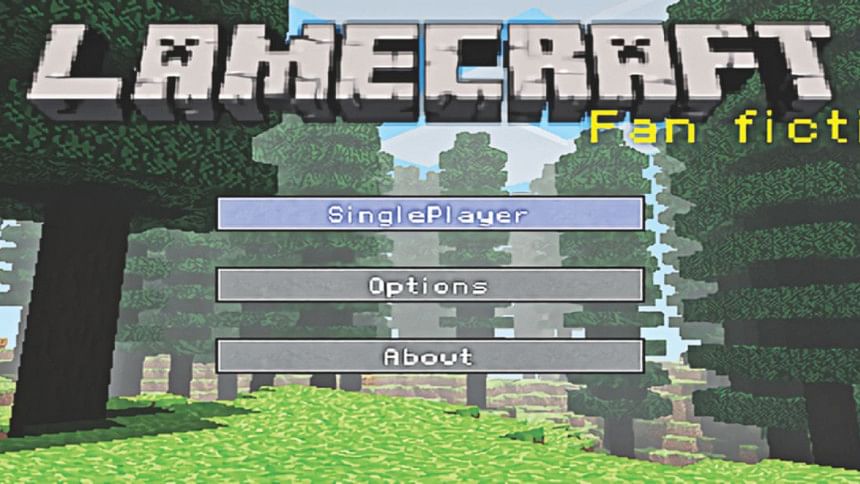Gray Area of Gaming Bootlegs, Hacks and Homebrews

We've all grown fond of videogames and it has since become the common pastime for many children and adult alike. However, beneath the surface of it all lays its deep library of the illegal and creative.
Bootlegs
Bootlegs are illegal, unlicensed and sometimes pirated copies that creep their way into small video game shops. The common examples of these are the numerous Grand Theft Auto knock offs you can find. Grand Theft Auto Dubai is one notoriously well known bootleg you can probably find in your local shops. Sometimes bootlegs are hilariously farfetched, and at other times they are Herculean works of human ingenuity. ShenZhen Nanjing Technology is a Chinese bootleg company known for its unlicensed remakes of games to the NES. They managed to fit in the PS1 masterpiece Final Fantasy VII into the NES engine, script by script. ShenZhen Nanjing happens to have a rival bootleg developer named Fuzhou Waixing, though it is notorious for its poor quality and bad music composition.
Bootlegs also exist as consoles. Usually in regions (China and North Korea) where the original consoles were never marketed. Other bootleg devices take appearances akin to famous consoles but in fact play exclusive games or emulate older consoles. One such example is the PXP9000, a Chinese PSP lookalike that emulates GBA games.
Other famous bootlegs include Pokémon Yellow (NES), Hong Kong 97 (SNES), Titenic (NES) and Bible Games by Wisdom Tree.
Check Out: bootleggames.wikia.com
Hacks
These aren't hacks like Chuck Lorre, Seth McFarlane or Adam Sandals.
Some bootleg games often exist as hacks, edits made to an already existing game. Sometimes a game is hacked to fix its flaws, bugs or glitches. At other times, the game can be translated entirely to different languages the game didn't have. There are hacks that make a game easier or tougher; there are hacks to manipulate every aspect of the game starting from music to gameplay. Hex editing, palette and graphics editing, level editing, data editing and ROM expansion, assembly hacking and music hacking... all of these can completely overhaul a game to give a completely new experience.
Expanded ROMs are my personal favourite. Examples of this include an updated Pokedex in older Pokémon games and many more levels in platformers such as Super Mario Bros.
Some of the more common hacks out there consist of several Pokemon (GBA), Megaman X (SNES), Super Mario World, Final Fantasy, Castlevania, Street Fighter and Metroid hacks.
Check out: www.romhacking.net
Homebrew
Homebrews are games or utility software developed by people as opposed to big companies. These games are not illegal as long as they don't share any likeness with licensed, commercial games. Most homebrews are free, while others carry a price tag. Homebrews for old consoles are still made even after said console's discontinuation. These games are often made with the actual platform's developer kit. The Dreamcast and NES in particular have an active and dedicated homebrew community. Homebrews are usually ports of popular PC games or apps. Ever wanted to play Flappy Bird on PSP?
Examples: Doom DS, 2048 (NES), Lamecraft (PSP)
Check out: www.dreamcast-scene.com
pls message me: [email protected]

 For all latest news, follow The Daily Star's Google News channel.
For all latest news, follow The Daily Star's Google News channel. 



Comments